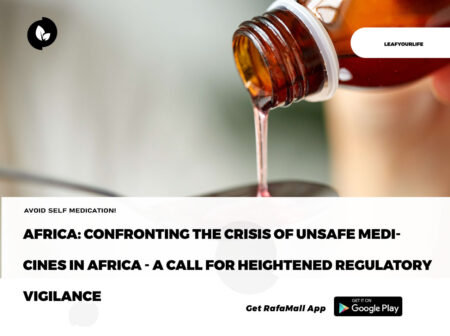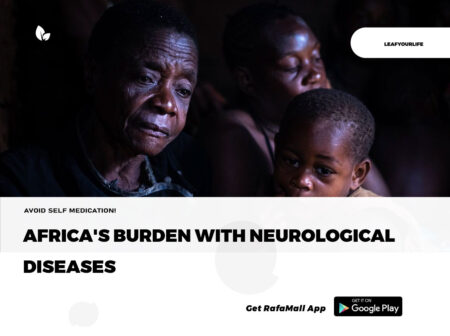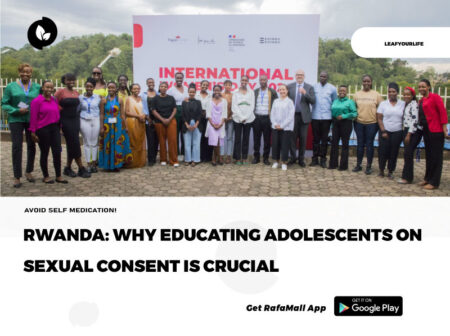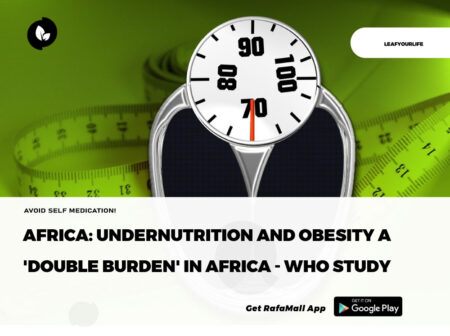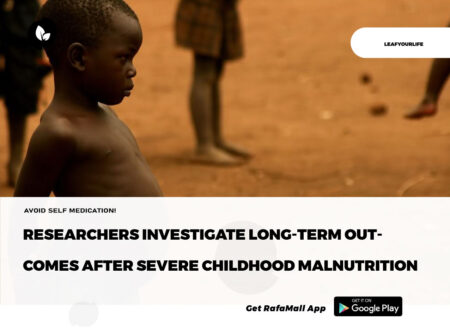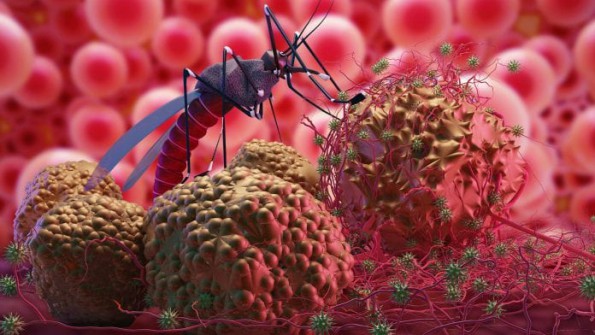
By Nasibo Kabale
Global efforts to curb the spread of Covid-19 have pushed the fight against malaria to the back burner.
This shift of focus is so dire that the World Health Organization (WHO) now warns that “by the end of 2020, more people will have died of malaria than Covid-19”.
The United Nations health agency is worried that it might fail to attain the goals set in the fight against malaria. There are fears that death rates will rise sharply as the year draws to a close due to continued rechannelling of resources to the pandemic response programmes.
WHO said in a report that there should be 90 per cent fewer cases of infections and deaths by 2030, compared to 2015. More than 35 countries should by that time be completely malaria-free.
The report cites the coronavirus pandemic as a major setback in the fight against the disease that is spread by mosquitoes, adding that the virus has put additional strain on the world’s healthcare systems and disrupted supply chains.
WHO Regional Director for Africa Matshidiso Moeti warned: “If we remain on our present course, we will miss the global targets for 2030”.
Respiratory diseases
Like in other years, the leading causes of morbidity among children below and above five years of age in Kenya were diseases of the respiratory system, followed by malaria, official data from the Health ministry shows.
Counties around Lake Victoria have a higher malaria incidence compared to the national target. This trend has been seen in Busia, Siaya, Kisumu, Migori, Homa Bay and Kakamega Counties. Counties in Central Kenya, on the other hand, have had an annual incidence of less than one case per 1,000.
Ms Moeti said countries such as Kenya might fail to meet the goals set in the fight against malaria due to lack of resources. Kenya relies heavily on donor funding for the fight against malaria, with a huge chunk of the funds coming from agencies such as the Global Fund.
Two recipients
Grants from the Global Fund have two principal recipients in Kenya: the National Treasury and the African Medical and Research Foundation (Amref). The current Global Fund grant covers 2018-2021.
Kenya, which accounts for three per cent of global malaria cases, has made significant progress in taming the disease in recent years.
Increased access to malaria prevention tools such as insecticide-treated nets, indoor residual spraying and the rollout of vaccines have played a key role in the country’s efforts to control
the disease.
This year, President Uhuru Kenyatta, who was appointed Chair of the African Leaders Malaria Alliance (Alma), announced the launch of Kenya’s Zero Malaria Starts with Me campaign, joining the pan-African movement to strengthen local, national and regional efforts towards ensuring a malaria-free Africa.
Personal commitment
As part of the campaign, individuals, families, communities as well as political and business leaders will be urged to make a personal commitment to step up the fight against the disease.
The President pledged that more than 15 million mosquito nets would be distributed, bringing Kenya’s coverage to 25 million. The country is also participating in the world’s first pilot malaria vaccine programme, with 65,000 Kenyan children immunised against malaria despite the Covid-19 pandemic.
The serum is thought to protect four out of 10 children from a potentially fatal malaria infection.
Huge impact
In an interview with the WHO, Dr Collins Tabu, head of the Immunisation programme in the Health ministry, said Covid-19 has had a huge impact on the fight against malaria. He said that, as of August 2020, the ministry had given at least 293,000 doses of the vaccine to children.
“I have seen in most areas the coverage approximating that of the other routine vaccines, namely the pentavalent vaccine. The drop-out rate also appears to approximate that of other vaccines,” he said. Distribution of the vaccine, he said, faced challenges such as the night curfew and restriction of movement, which affected the ability of health workers to do their work.
“The implementation of the malaria vaccine programme hinges a lot on community engagement and participation, which means people have to meet. Restrictions meant that most of our planned community engagements could not be done, but we quickly shifted to virtual meetings to be able to turn it around,” he said.
Limited resources
Dr Tabu said resources were also limited, as government expenditure was largely redirected to Covid-19 support. Health facilities too had to reallocate staff to the Covid-19 response teams,” he said. He said they, nevertheless, put in place measures to mitigate the adverse effect of Covid-19 on immunisation.
“For routine immunization, we’ve dropped by two to three points during the pandemic,” he said.
The country had an initial drop-off from the first to the second dose of about five per cent. The drop-off is slightly higher from the second to the third dose. This could be due to the Covid-19 pandemic and the fact that the third dose is not given during routine visits for other vaccines, explained Dr Tabu.
Read the original article on Nation.





